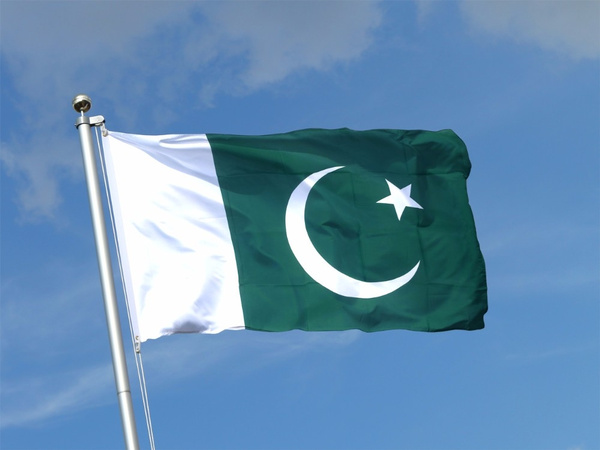
A country that embraces its entire civilizational past and values all its citizens, irrespective of sex or religion or ethnicity, is one that moves ahead. A country, that only embraces a selective history and only praises some citizens, based on religion or ethnicity, will never progress.
In a recent opinion piece, Pervez Hoodbhoy, scientist, and columnist, argues for the need to embrace all Pakistanis, whether Muslim or non-Muslim. The case of Dr Abdus Salam, 1979 Nobel prize winner, is well-known to most. “However, no road or landmark in Lahore bears Salam’s name. While a GC affiliated institution called the Abdus Salam School for Mathematical Studies nominally exists, to display his name on its signboard could be dangerous in a city often gripped by religious fervour.” The sole reason, Salam was an Ahmadi.
Hoodbhoy, however, cites Hindu scientists and researchers who were born or studied in Lahore and asks why Pakistan refuses to claim them. E.g. Hargobind Khurana, Subrahmanyan Chandrasekhar, Sarvadaman and Lal Muhammad Chawla. “Rejecting non-Muslims of high professional merit has come at devastating cost to Pakistan. For one, it lost those who could have helped the newborn country establish a scientific base. For another, it became difficult to create institutional meritocracies.”
Hoodbhoy also points to a deeper conundrum. “Over the last 300 years — which is how old modern science is — there are no Muslim subcontinental names associated with first tier (Nobel calibre) scientific accomplishments (after 1974 Salam must be excluded). Notwithstanding the valiant efforts of Sir Syed Ahmad Khan (1817-1898), Indian Muslims shunned science and the English language. Thus, even at the distant second or third tier level, one finds barely a dozen names.”
Further, “ancient Hindu scientists could have found some place in Pakistani books. However, they are excluded on ideological grounds because ‘woh hum main say nahin hain’ (they are not us).” The result, Hoodbhoy points out is that there are no “Muslim science heroes who belong to the soil” who can be mentioned in books for Pakistani children and hence the books “valorise Arabs from the Golden Age such as Al-Battani, Ibn-e-Shatir, Ibn-e-Haytham, etc.”
Hoodbhoy concludes by warning “Before Pakistan can produce any science worth the name, it will need to overcome its deeply held prejudices. It must learn to value all who share the common heritage of humankind. The day we count Khorana, Salam, and Chandrasekhar as our very own, Pakistan will have begun breaking the shackles of scientific under-development.”
![]()





